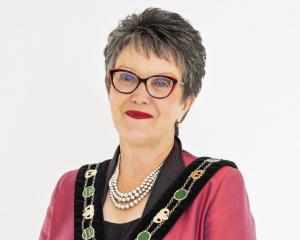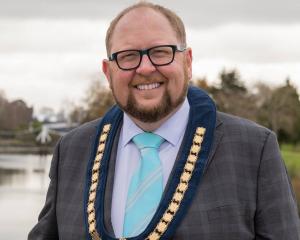
Mr Scott says the regional council will seek guidance from the region’s 10 Papatipu Rūnanga chairs on how to proceed should the Government go ahead with its proposal to scrap Ngāi Tahu representation.
He said there had been a lot of reaction to the Government’s announcement it will repeal the Canterbury Regional Council (Ngāi Tahu Representation) Act, which allows Te Rūnanga o Ngāi Tahu to appoint two councillors to represent the Papatipu Rūnanga.
The Ngāi Tahu representation legislation was initiated by the council and was presented to Parliament twice, before finally passing into law last year in time for the local government elections.
Ngāi Tahu elected Tutehounuku Korako and Iaean Cranwell as its councillors during last year’s local government elections.
Mr Scott said having Ngāi Tahu councillors saved ratepayers money and sped up the process.
The Ngāi Tahu Settlement Act (1998) required the council to consult with all 10 Papatipu Rūnanga.
ECan has had Ngāi Tahu representation around the council table for more than a decade.
Ngāi Tahu representatives served as Government-appointed commissioners after the elected councillors were sacked by the previous National-led Government from 2011 to 2016.

The Tumu Taiao advisors had a seat at the council table, but had no voting rights.
‘‘We saw the benefit and thought we should do something about it,’’ Mr Scott said.
‘‘The statutory requirement is to consult with mana whenua and we felt the most judicious way to do it was to have these councillors in the room to navigate the discussion from a cultural perspective.
‘‘The alternative is going out and consulting with each of the Papatipu Rūnanga and that takes time and money. We can do it in the room and make a decision.’’
Just last week ECan voted against establishing a Māori ward for the 2025 and 2028 local government elections, following advice from Te Rūnanga o Ngāi Tahu and seven of the 10 Papatipu Rūnanga.
A Ngāi Tahu spokesperson said the Papatipu Rūnanga chairs had yet to meet to discuss the matter.
-By David Hill
Local Democracy Reporter
■ Public interest journalism funded through New Zealand on Air.












